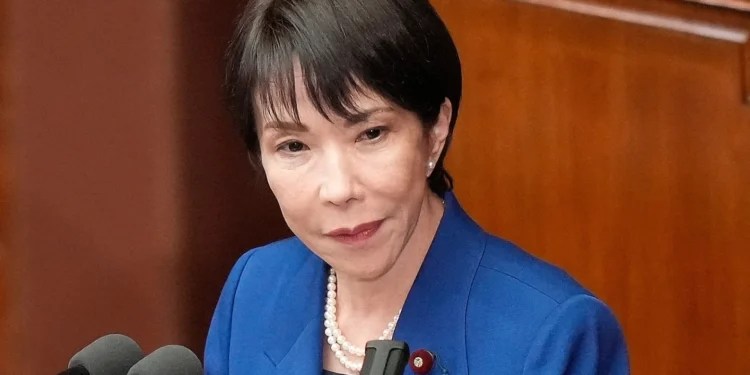West Blue Ghana Limited has taken legal action against the Attorney-General (AG) and the Ghana Revenue Authority (GRA) by filing a lawsuit at the Commercial Division of the High Court in Accra.
The lawsuit stems from the termination of the National Single Window and Integrated Risk Management System (NSW) contract, a move that has led to a dispute involving GH¢289 million.
The initial contract between West Blue and the government of Ghana, established on August 4, 2015, aimed to provide technical services to enhance the efficient clearance of cargo at sea and airports.
However, complications arose when the GRA and the Ministry of Finance terminated the contract while services were still being delivered under the NSW.

After unsuccessful attempts to recover outstanding debts through legal channels, West Blue has initiated legal proceedings against the defendants. The company is seeking the recovery of GH¢149,357,692.71 as outstanding fees for services rendered from September 2015 to September 2017. This amount is calculated based on an applicable rate of 0.35 per cent of the final invoice value of import consignments entering Ghana through seaports, airports, and land borders.
Additionally, West Blue is pursuing the recovery of GH¢76,097,917.58 for services provided from October 2017 to December 31, 2018, and GH¢64,092,215.07 for services rendered from January 1, 2019, to May 2020. The company also aims to recoup costs associated with equipment procured for obligations under the NSW contract and additional services rendered during the specified period.
In its statement of claim, West Blue underscores that the NSW contract aligned with the government’s policy to implement a National Electronic Single Window. This initiative aimed to enhance efficiency and cost savings for traders involved in cross-border cargo movements, streamlining interactions with government authorities.
According to court documents, West Blue entered into a contract with the Ministry of Finance and the GRA to provide the National Single Window and Integrated Risk Management System, known as the NSW contract. The agreement was designed to support the government’s adoption of a national electronic single window, promoting efficiency and cost savings for traders engaging with government authorities on cross-border cargo movements.
Contract And Termination
Under the terms of the contract, West Blue was obligated to provide technical services and support activities to the GRA and related agencies in support of the government program. The GRA was required to pay the IT company a contract price equivalent to 0.35 percent of the final invoice CIF value of import consignments entering Ghana through seaports, airports, and land borders.
The agreement stipulated that the contract would remain in force for five years, subject to renewal not exceeding an additional five-year term. However, the Ministry of Finance and the GRA unilaterally terminated the contract on December 31, 2018, during the delivery of services under the NSW contract.

West Blue alleges that, in a letter of termination dated January 25, 2018, the GRA retrospectively revised the contract price down to 0.28 percent of the final invoice CIF value of import consignments. The company did not object to this revision, and the Ministry of Finance and the GRA engaged West Blue to provide the same services under the previous contract at the revised fee.
Despite complying with the revised terms, West Blue contends that the defendants instructed the company to cease providing services in May 2020. The defendants have allegedly failed to make full payment of the fees due to West Blue under the agreed-upon percentile clauses in both the original and renewed contract agreements.
Furthermore, the plaintiff claims that all requests and demands for the return of equipment or payment of its value have been ignored by the defendants. This legal dispute brings to light the complexities and financial implications associated with the termination of government contracts, shedding light on the challenges faced by private entities engaged in providing critical services to public institutions.
READ ALSO: Goodbye Tension, Hello Pension: Securing The Future Of Healthcare Providers























